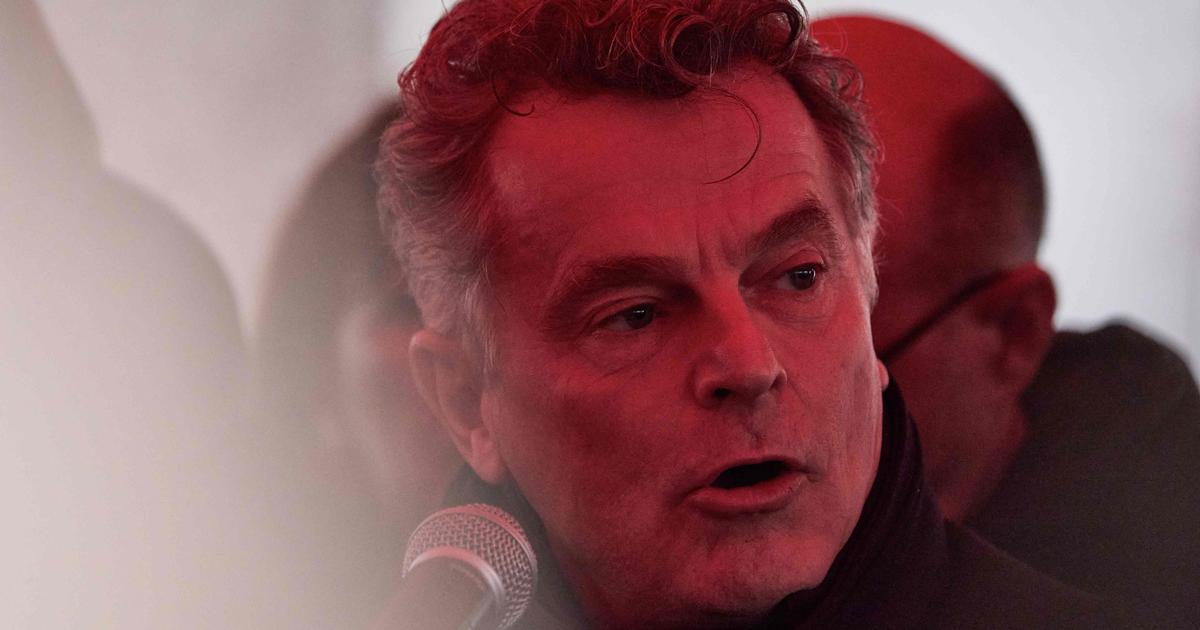We debated, persuaded, became angry, laughed, hoped, disappointed, lost, won - but we always chose • Israel's elections from now until today in historical pictures: a new corner in the opinion section
We are in the midst of a third campaign in a never-ending election play. For us, this is a comedy of mistakes; For others - tension drama. But for most of us these are debilitating, maybe even discouraging days. A deadline is far from over, and in the background there is a whisper of talk about D date. The political plunder seems complicated, like a dead end.
Rise to the ballot box. Immigrant from Yemen voting in Kisalon's aisle next to Beit Shemesh, elections for Knesset II (1951) // Photo "David Alden, GPO
Salute and vote. IDF soldiers vote in mobile playing field in elections for the 2nd Knesset (1951) // Photo: Hugo Mendelson, GPO
Partners in Democracy. Abu Ghosh residents vote in Knesset elections (1953) // Photo: Fritz Cohen, GPO
Political breeze. Mapai Election Meeting at Tel Aviv Beach, ahead of the 3rd Knesset (1955) // Photo: Fritz Cohen, GPO
The sticker poetry. Stickers and posters on a commercial van in Jerusalem ahead of the elections for prime minister and the 15th Knesset (1999) // Photo: Amos Ben Gershom, GPO
But we must not let the feeling of satiety and fatigue make us forget that despite the political crisis, Israeli democracy is stable, vibrant and engaging. We have heated disagreements on a daily basis, but are given an equal opportunity to influence decisive decision making at the ballot box. This is an important civil duty, and in particular a tremendous human right, which must never be underestimated or taken for granted.
In a dumb hat. Voters and Members of Election Commission at Kibbutz Maaleh Hamisha on Election Day 4 (1959) // Photo: Fritz Cohen, GPO
Voting for voters. Numbering and voting cards for the 7th Knesset (1969) // Photo: Moshe Milner, GPO
Citizenship lesson. Boy throws envelope to Tel Aviv ballot in 11th Knesset election (1984) // Photo: Nati Harnik, GPO
Twenty-two Knesset general elections (and another direct prime minister only) existed in Israel since its inception. They left their mark on national and political history, and even entered Israeli folklore. They were burned into the collective memory through historical rallies, memorable speeches, slogans and phrases that entered the lexicon, through climaxes of political tension or personal dramas, and also thanks to simple and unique moments that became nostalgic.
Not much has changed. Voting count at the Tel Aviv polls in elections for the 9th Knesset (1977) // Photo: Yaakov Sa'ar, GPO
Soldiers of democracy. Wounded soldiers vote in Tel Hashomer hospital after Yom Kippur war in Knesset elections (1973) // Photo: Yaakov Sa'ar, GPO
Not attending. Signs calling for boycott elections in the Mea She'arim neighborhood, ahead of the 10th Knesset elections (1981) // Photo: Hanania Herman, GPO
Democracy in the Games. Results of the sample projected on Azrieli Towers in Tel Aviv, in elections to the 18th Knesset (2009) // Photo: Avi Ohayon, GPO
Handmade. Preparing ID tags for polling workers, before the seventh Knesset elections (1969) // Photo: Moshe Milner, GPO
Just a month before entering the ballot box for the 24th time, "Israel Today" dives into the archive and brings special moments, ones that have entered the pantheon and ones we might have forgotten. From today until March 2, one photo a day at the corner of "There was an election".

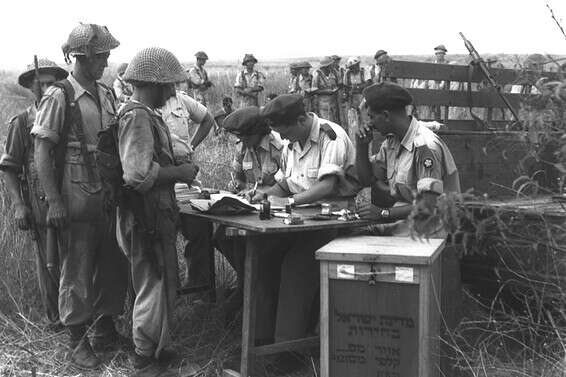

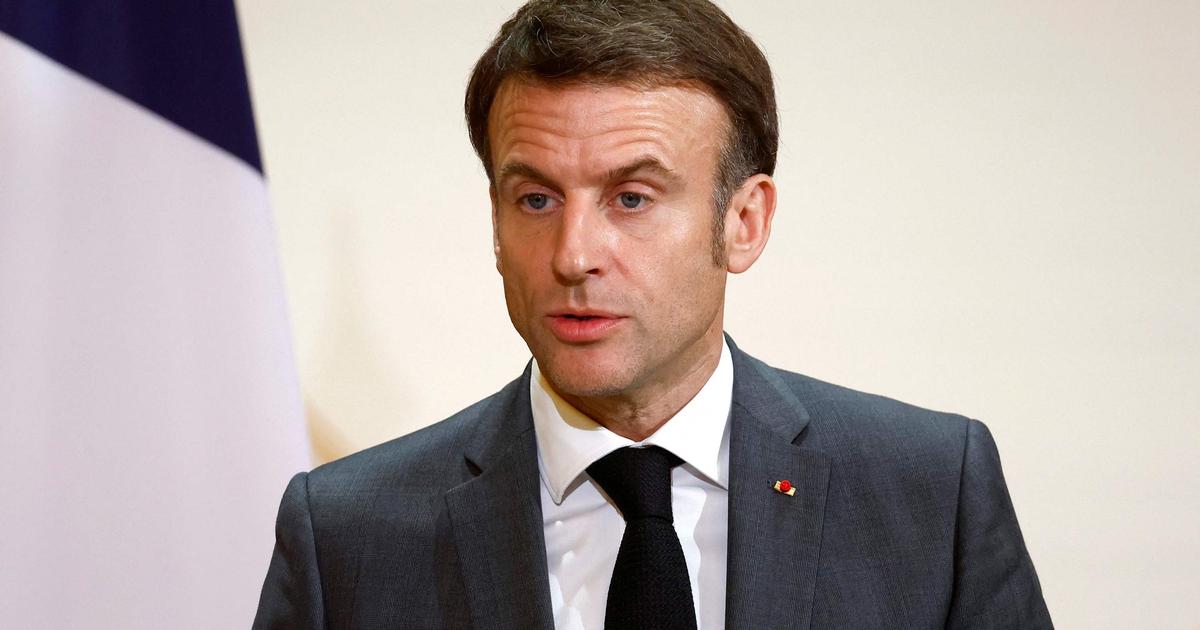
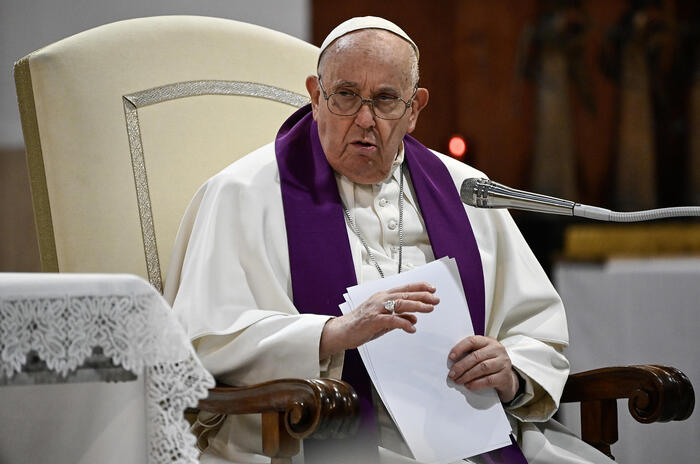
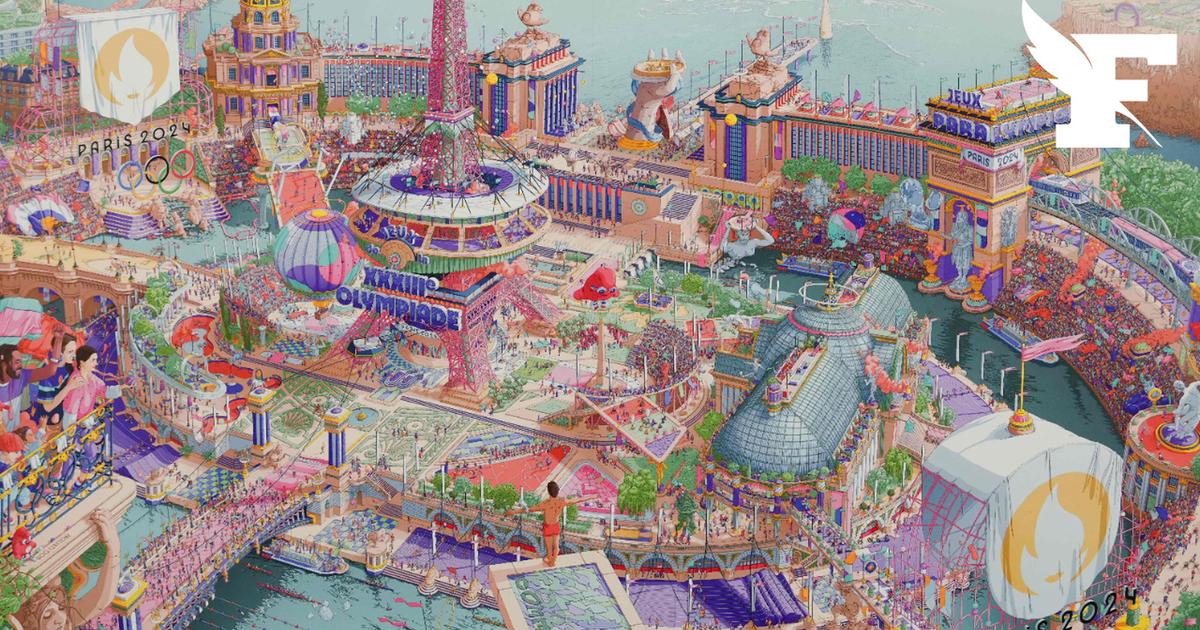
/cloudfront-eu-central-1.images.arcpublishing.com/prisa/YVK4HZAFDKHYPX5IOZ5XKJSHDA.jpg)
